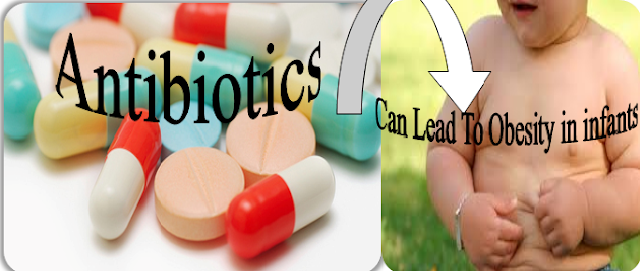
There is an increasing trend to use antibiotics in livestock and poultry farms for not only preventing infection of the animals but also to promote the feeding efficiency i.e. increasing the animal's weight gain per unit of feed.
Evidenced-based medicine studies have confirmed that this practice will lead to increased antibiotic resistance which can have severe implications in humans.
A complementary medicine research study from the American Gastroenterological Association has revealed that administration of three or more courses of antibiotics in children below the age of 2 increases the risk of early childhood obesity.
"Antibiotics have been used to promote weight gain in livestock for several decades, and our research confirms that antibiotics have the same effect in humans," said lead author, Frank Irving Scott, MD, MSCE, assistant professor of medicine at University of Colorado
The research team performed a large cohort study in the UK and confirmed the link between antibiotic exposure before age two and obesity at age four. Integrative healthcare solutions should be considered as an alternative, as antibiotic resistance can lead to dermatologic, allergic, autoimmune and infectious complications.


